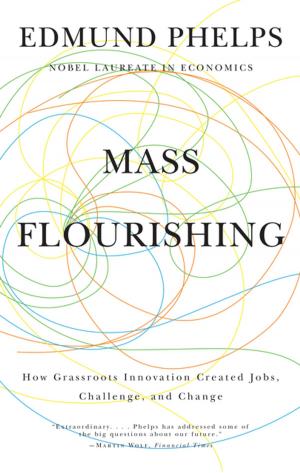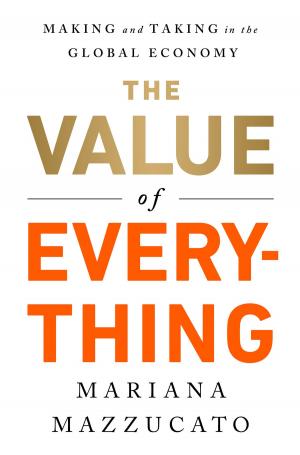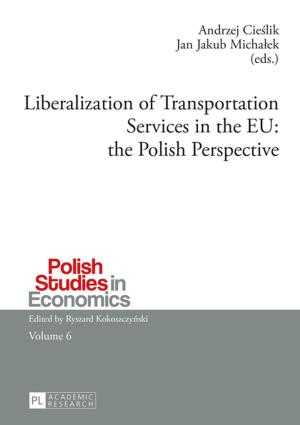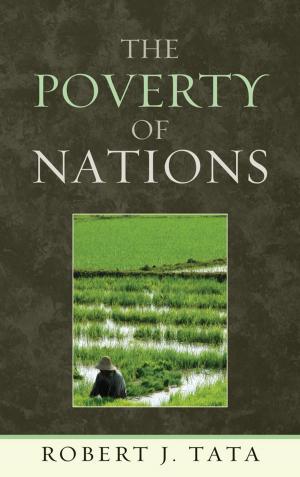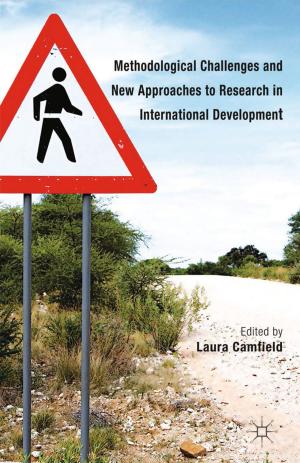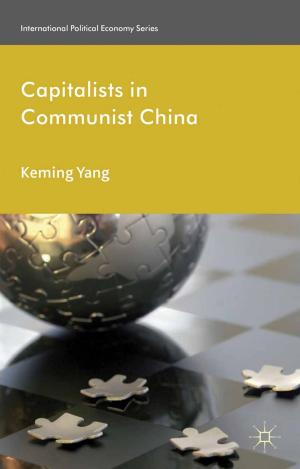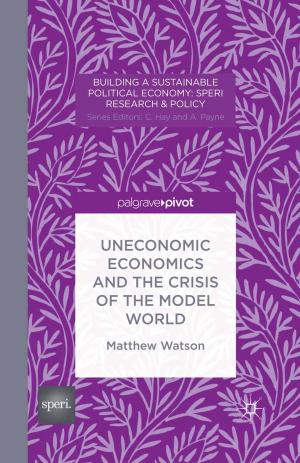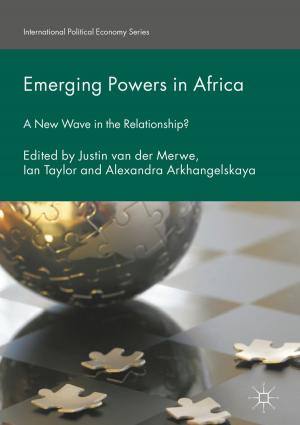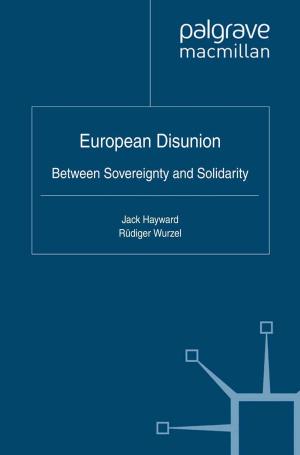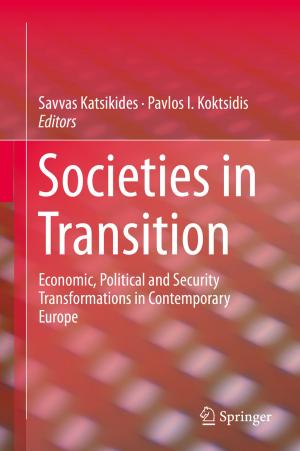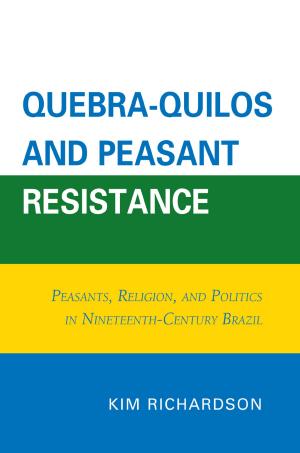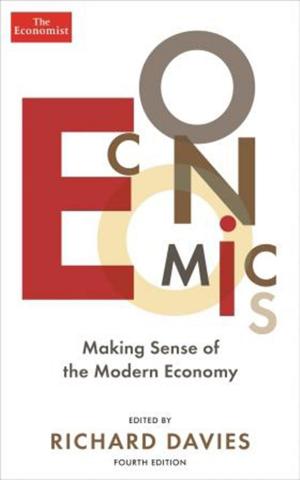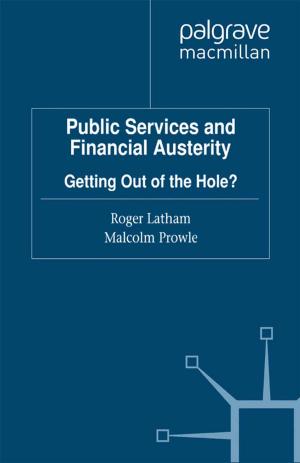Meta ton Erdogan ti? (Greek edition)
I revans tou politikou Islam - AOZ, Kypros & dienexeis sti Mesogeio, To karkinoma tou Kourdikou, Aktinografontas tin tourkiki oikonomia
Nonfiction, Social & Cultural Studies, Political Science, Politics, Economic Conditions| Author: | Stavros Lygeros, Kostas Melas | ISBN: | 9789601650098 |
| Publisher: | S. Patakis | Publication: | April 25, 2013 |
| Imprint: | Language: | English |
| Author: | Stavros Lygeros, Kostas Melas |
| ISBN: | 9789601650098 |
| Publisher: | S. Patakis |
| Publication: | April 25, 2013 |
| Imprint: | |
| Language: | English |
Turkey in 2013 is a very different country in comparison to Turkey during the 2002 crisis. Stavros Lygeros guides the reader through the intricacies of the undeclared war between neo-Ottomans and Kemalists, which had everything: electoral battles, political intrigues, referenda, links between the "deep state" and organized crime, conspiracies, provocations, murders, coup d'etat attempts, American interference, conflicting juridical prosecutions, religious fraternities, oligarchs and fierce battling for media control. This undeclared war is linked in many ways with the real war against Kurdish rebels, which has been going on for 30 years. The struggle of PKK has resulted in the formation of distinct Kurdish and Turkish identities. When Abdullah Öcalan was arrested in 1999, Turks believed that they had overcome the problem. Today, Erdogan is negotiating with him for a political solution. Stavros Lygeros also sheds light on the geopolitical restructuring taking place in the Eastern Mediterranean, which is partly a result of the recent discovery of energy sources: the "imperial syndrome" of energy-thirsty Turkey, the Arab Spring, Israeli policy, the transformation of the Republic of Cyprus into a debt colony and the imminent resurfacing of the Annan plan. Under this prism, he analyzes the notion of Exclusive Economic Zones (EEZ), as well as Greek-Turkish relations, challenging several myths along the way. The analysis of the Turkish economy is provided by Kostas Melas. Based on primary data, he provides a very clear picture of the relevant sizes and prospects, as well as the internal contradictions. What has been, so far, the advantage of the Turkish model will also prove to be its weak point: If the influx of capital stops, the bubble will burst. The book consists of four parts, and each part can be read independently.
Turkey in 2013 is a very different country in comparison to Turkey during the 2002 crisis. Stavros Lygeros guides the reader through the intricacies of the undeclared war between neo-Ottomans and Kemalists, which had everything: electoral battles, political intrigues, referenda, links between the "deep state" and organized crime, conspiracies, provocations, murders, coup d'etat attempts, American interference, conflicting juridical prosecutions, religious fraternities, oligarchs and fierce battling for media control. This undeclared war is linked in many ways with the real war against Kurdish rebels, which has been going on for 30 years. The struggle of PKK has resulted in the formation of distinct Kurdish and Turkish identities. When Abdullah Öcalan was arrested in 1999, Turks believed that they had overcome the problem. Today, Erdogan is negotiating with him for a political solution. Stavros Lygeros also sheds light on the geopolitical restructuring taking place in the Eastern Mediterranean, which is partly a result of the recent discovery of energy sources: the "imperial syndrome" of energy-thirsty Turkey, the Arab Spring, Israeli policy, the transformation of the Republic of Cyprus into a debt colony and the imminent resurfacing of the Annan plan. Under this prism, he analyzes the notion of Exclusive Economic Zones (EEZ), as well as Greek-Turkish relations, challenging several myths along the way. The analysis of the Turkish economy is provided by Kostas Melas. Based on primary data, he provides a very clear picture of the relevant sizes and prospects, as well as the internal contradictions. What has been, so far, the advantage of the Turkish model will also prove to be its weak point: If the influx of capital stops, the bubble will burst. The book consists of four parts, and each part can be read independently.

